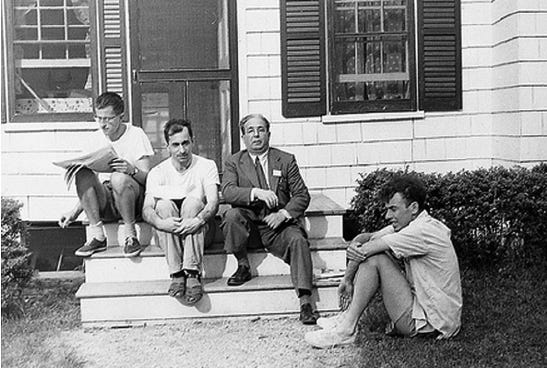
This post is an accompaniment to Tony Kulesa’s excellent piece on the history of Y Combinator. Many in Silicon Valley think of Y Combinator (YC) as the sum of its services. The services are, in short: cash, a network, and guidance for early-stage (mostly software) founders. The YC model and its effectiveness have become widely known and understood in Silicon Valley.









